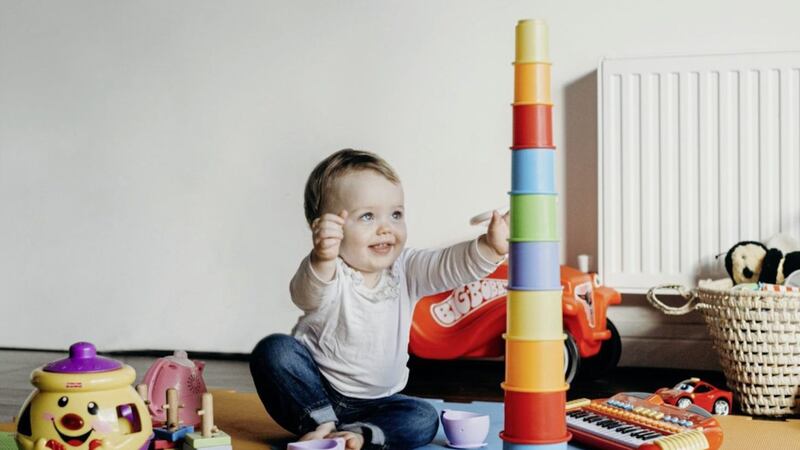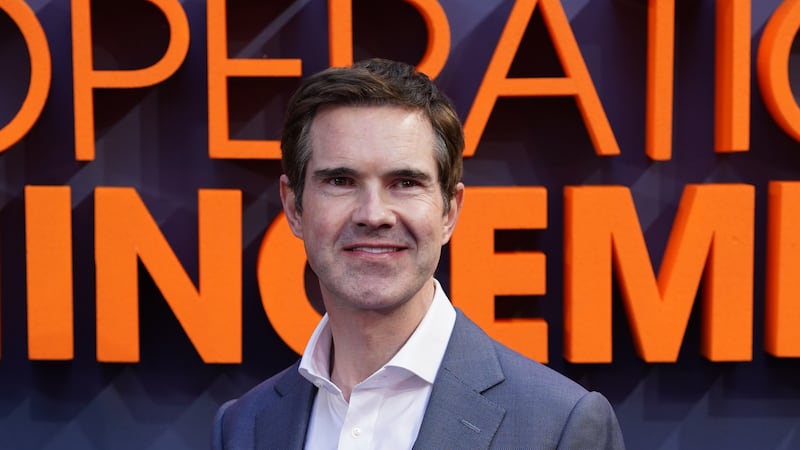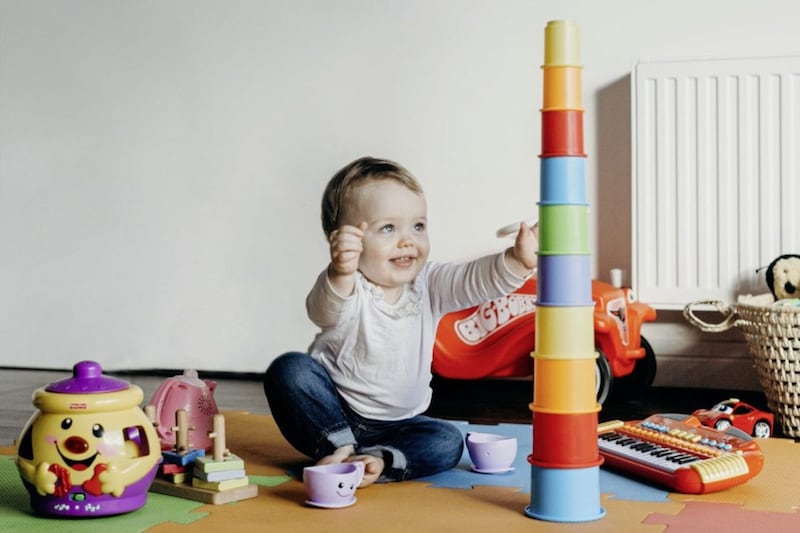THE laughter of tiny babies is endearing, entrancing and infectious; it is also a fantastic window into what a baby is learning and experiencing. For four years Dr Caspar Addyman, lecturer at Goldsmith's University and former researcher at the world-renowned Birkbeck Babylab, has run the Baby Laughter project, collecting data, videos and anecdotes from parents all over the world.
The key message to come out of his research is that laughter and smiles are of central importance for a baby’s cognitive and emotional development, and that those smiles begin much sooner than people think.
Although a young babies' smile is often attributed to nothing more than wind, high resolution ultrasound technology has revealed that a baby's first smile occurs in the womb – at as early as 25 weeks gestation.
"When you properly smile, your eyes wrinkle as well and you can see that actual expression on babies' faces in the womb. It's a genuine expression of contentment," Dr Addyman says.
His research has concluded that laughter exists to encourage social play – and found that the one thing that guaranteed a smile and giggles was tickling.
"Tickling is that good that several species have discovered it. Babies love it, but by childhood it's too overwhelming and in adulthood it sends people into murderous rage," laughs Dr Addyman, who in his next study is asking parents of babies of different ages about their offsprings' reactions to different parts of their bodies being tickled.
In many ways babies provide the 'origin story' of human abilities – Dr Addyman's research has identified ways in which babies help adults to understand ourselves. In this way they can challenge us to reduce our stress levels.
"Babies do happiness and contentment better than anyone. One of the reasons why is that they are very absorbed in what is in front of them. Almost by definition they are not worrying about the past and future; they are living in the moment.
"Secondly, they are continually challenging themselves. Whatever they've done today, they are not satisfied to continue doing it tomorrow. They are ready for the next challenge. There is some research that adults who do that and are continually learning are more content in their lives.
"The third and biggest thing we discovered is it's not things but people which made babies happiest. When you look after a baby you have no preconceptions about them and you are very willing to be enchanted and connect with them. And if you think about your happiest moments, it's when you are laughing with people you are most content with. It's a pretty simple thing but it takes seeing life through a baby's eyes to see that."
Dr Addyman will be joined by University of Ulster developmental psychologist Dr Victoria Simms in presenting two unique events at this month's NI Science Festival. What Do Babies Think? will explore the latest research on what really goes on inside the brain of a baby, while The Joy of Toys is an interactive play session for parents and their baby.
When it comes to toys, Dr Addyman believes that toy rotation is key, as is providing babies of either gender with everything from trucks to dolls.
"Babies can make a toy out of anything and they aren't attracted to certain toys because of their gender. What they need is something to play with for a while and two weeks later something completely different. I think toy libraries are a good idea in that respect."
But he stresses that parents shouldn't break the bank or get obsessed about the latest trends in baby toys because what a baby craves most is our attention.
The world over, babies' favourite game to play was peekaboo.
"Peekaboo works because you give the baby your full attention – you can't play it if you're checking your phone," says Dr Addyman, who stresses that social interaction is the most important thing for a baby's brain development.
"The biggest mystery in the world for everyone is other people and even as adults we find other people mysterious and unpredictable. For babies, the social interactions are the most complicated and challenging and the most rewarding part of them is learning about the world.
"While singing and reading to babies is stressed as being important in early years, it's not so much about the material, but about the shared time with them. The most valuable thing is your time and attention."
That attention, of course, doesn't have to be from mum or dad. Siblings, grandparents, crèches, baby sensory and rhyme time classes all provide excellent social opportunities for little ones.
And why do babies find dogs funnier than cats?
"It's for a similar reason: babies are interested in social interaction with other beings. Dogs are really sociable, whereas cats are antisocial. Dogs are eager to please and are going to give the baby attention and that's what they like, whereas cats are antisocial. In contrast, adults find cats funnier as they are so unpredictable."
:: Psychologists Caspar Addyman and Victoria Simms present The Joy of Toys and What Do Babies Think on Saturday Februray 17 at The MAC, Belfast, as part of the NI Science Festival. For full details and booking visit Nisciencefestival.com



